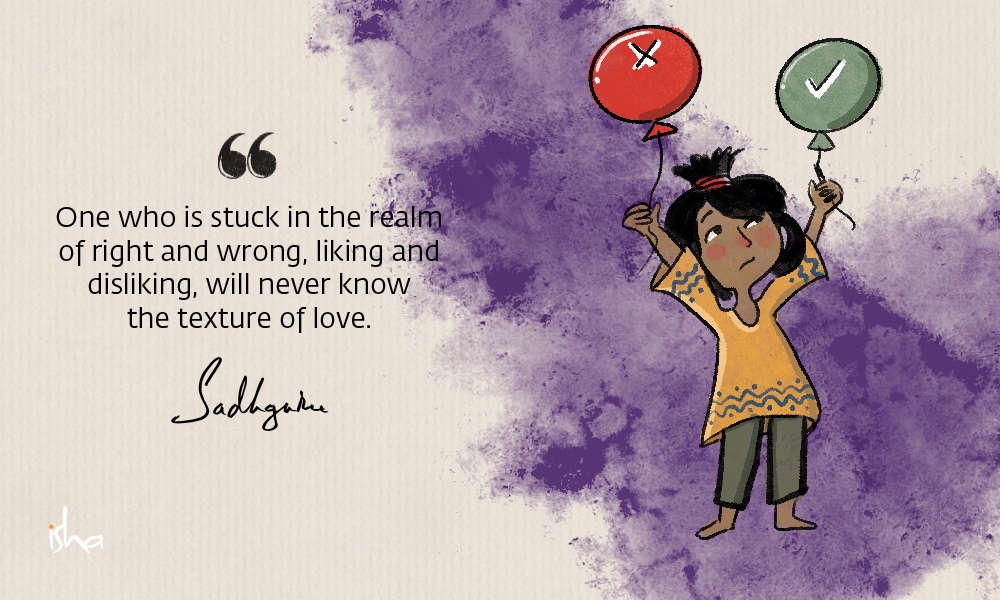
Traditionally Psychologists thought the hallmark of psychological wellbeing was self-esteem. A high self-esteem and you love yourself. A low self-esteem and you hate yourself and might even want to die. #HealingTrauma
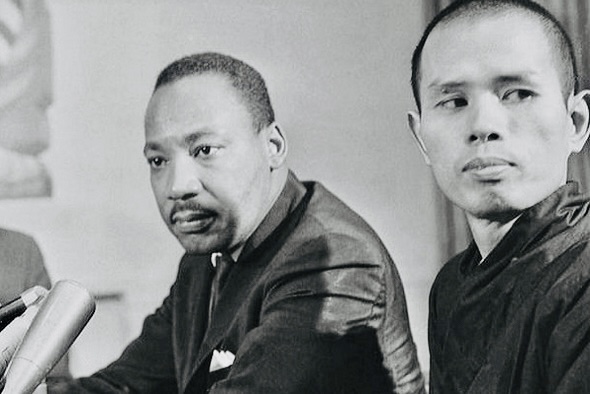
However, the problems with self-esteem is how do you get it? To have a high self-esteem in Western culture you have to be ‘special and above average’. If you said I was an average Psychologist that is considered an insult. So what are the problems?
It is a logical impossibility for all of us to be above average. This has led us to puffing ourselves up and putting others down. This has led to bullying, fear, prejudice, racism and so on. Self-esteem is also problematic because it depends on external factors.

https://youtu.be/iG9CE55wbtY
When you do well, you feel like a success. When you fail, you feel like a failure. Compliments feel warm and fuzzy. Insults and criticisms feel offensive. It is problematic because on any given day many pleasant or unpleasant experiences will make us feel up and down.
Lastly, self-esteem is problematic because we now have a narcissism epidemic. Narcissism has steadily increased over years (e.g. the “selfie” movement). Some argue that this is due to the self-esteem movements in schools (e.g. competing for grades, physical performance, appearance, etc). Adulthood: status, beauty, fame, fortune and power.
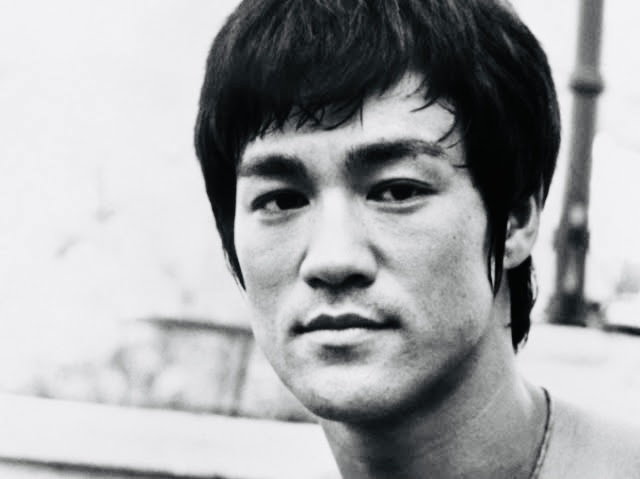
So what is the solution? Scientist Dr Kristen Neff spent more than ten years comparing self-esteem and self-compassion. She first learnt of self-compassion during a difficult time of her life when she tried a meditation class.
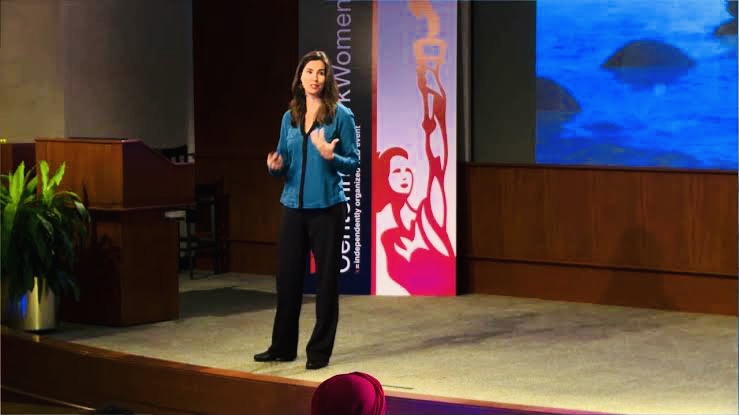
https://youtu.be/IvtZBUSplr4
At the end of the meditation class the teacher said: “Do not forget to include yourself in your circle of compassion”. This idea was new to Dr Kristen Neff. She was always kind to others. But never thought to be kind to herself. This began her work on the science of self-compassion.
Dr Kristen Neff has since identified three elements to self compassion: ‘kindness’, ‘common humanity’, and ‘mindfulness’. Kindness: is treating yourself like you would treat a best friend. We all know how be there for someone else. Do we do this for ourselves?

“No one is more worthy of your kindness and compassion than you are.” – Thich Nhat Hanh
Often we treat ourselves worse than someone we do not even like, by being overly self-critical. Crucially, self-compassion is not about external factors (i.e. performance/approval). This self kindness is offered whether you succeed or fail (where self-esteem abandons you).
Common humanity: what do we all have in common rather than what divides us. While self-esteem is driven by a desire to be perfect, common humanity acknowledges being human is imperfect; our imperfections and suffering are what connects us.
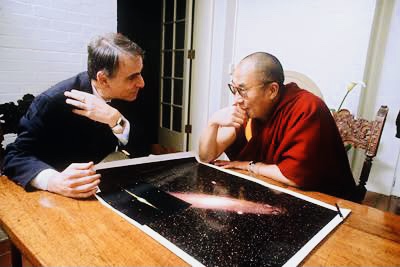
“Science is not only compatible with spirituality; it is a profound source of spirituality.” – Carl Sagan
Instead, often when something bad happens to us we have irrational thoughts: “Why is this happening to me? Why am I the only one experiencing this?”. With clarity we can easily see shared human experiences, one of which includes suffering. So how do we get clarity?
Mindfulness: nonjudgmental acceptance of the present with openness and curiosity. Self-esteem requires judgment: to be more or less at something or against someone; instead self-compassion is ‘nonjudgmental’. We only need judgment to assess risks, drive a car, cook a meal, etc.
However, if we are always judging/critical of everything, including ourselves, life becomes very unpleasant. Self-compassion gives us respite from this judgment. Moreover, self-esteem is always hungry (i.e. to be the best), where self-compassion ‘accepts the present’.

https://www.consciousplanet.org
Finally, a child looks upon life with ‘openness and curiosity’. How many adults can say they do that? Self-esteem has us narrowly focused on being number one: competing for grades, physical performance, appearance, status, beauty, fame, fortune and power. Self-compassion is ‘openness and curiosity’ to all of life’s experiences within Existence.

I believe self-compassion is our solution to address the many faces of injustice and trauma including climate change. Why?
Self-esteem is akin to ‘Survival of the Fittest’: competition, more/less: never enough. Here comes the judgment or blame, punishment, shame, stigma, injustice, trauma and ultimately leaving others behind to die cycle. Rather than celebrating the truth and beauty of life together with collaboration, we compete and become a slave to the Threat System: fight, flight, freeze, collapse.
Self-compassion is akin to ‘Enlightenment’: collaboration (kindness, common humanity, mindfulness). You are enough: #YouBelong. Here comes clarity, compassion and purposeful action: “friendship” via intimacy (flip side of freeze) and play (flip side of fight/flight). Welcome to the Peace System: peace, joy, love, compassion, blissfulness, ecstasy. Here the Threat System will operate during a genuine life and death threat – as it should!
This is the essence of Trauma Informed World. Sharing Trauma Informed Care for survival and wellbeing. Why does it take so damn long to arrive here (remember life is “here”, not “there”)? One reason is that society tends to model the opposite. Another reason is that Enlightenment is so simple we miss it:
“Love is the absence of judgment.” – His Holiness the Dalai Lama.

“If we want to see a more peaceful world, we have to learn to collaborate. Young people shouldn’t follow previous patterns of behaviour. New conditions, like our interdependent, globalised world, require new ideas. Dividing people into ‘us’ and ‘them’ is out of date.” – His Holiness the Dalai Lama
Self-compassion offers the benefits of self-esteem without the pitfalls. Self-compassion increases personal wellbeing and our shared humanity. This is why I switched from self-esteem to self-compassion. Thank you Dr Kristen Neff for lining up young science with a wisdom tradition.
Source: Adapted from Dr Kristen Neff’s research and world famous TED Talk ‘The space between self-esteem and self-compassion’. https://self-compassion.org

Now you know the power of Trauma Informed Care. Let’s turn this framework into a mindset for personal, social and political change. If you are unable to, you might need help first, to get safe or become ‘unstuck’ from trauma. Reach out for trauma informed care. #YouBelong
With love,
Dr Louise Hansen
Psychologist
PhD in Psychology
Human Rights Activist
#HealingTrauma #Justice4Australia #YouBelong
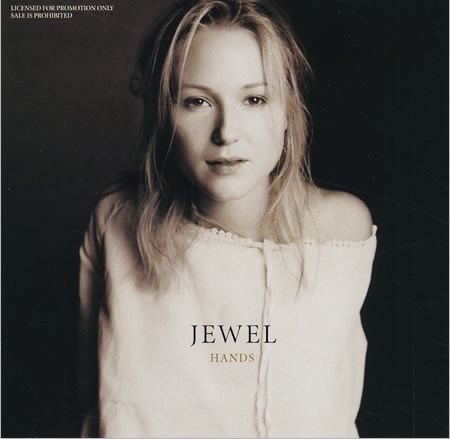
“If I could tell the world just one thing
It would be that we’re all OK
And not to worry ’cause worry is wasteful
And useless in times like these
I won’t be made useless
Won’t be idle with despair
I’ll gather myself around my faith
For light does the darkness most fear
My hands are small, I know
But they’re not yours, they are my own
But they’re not yours, they are my own
And I am never broken
Poverty stole your golden shoes
It didn’t steal your laughter
And heartache came to visit me
But I knew it wasn’t ever after
We’ll fight, not out of spite
For someone must stand up for what’s right
‘Cause where there’s a man who has no voice
There ours shall go singing
My hands are small I know
But they’re not yours, they are my own
But they’re not yours, they are my own
And I am never broken
In the end, only kindness matters
In the end, only kindness matters
I will get down on my knees, and I will pray
I will get down on my knees, and I will pray
I will get down on my knees, and I will pray
My hands are small, I know
But they’re not yours, they are my own
But they’re not yours, they are my own
And I am never broken
My hands are small, I know
But they’re not yours, they are my own
But they’re not yours, they are my own
And I am never broken
We are never broken”
#YouBelong
https://youtu.be/_jRMg3mTgDk
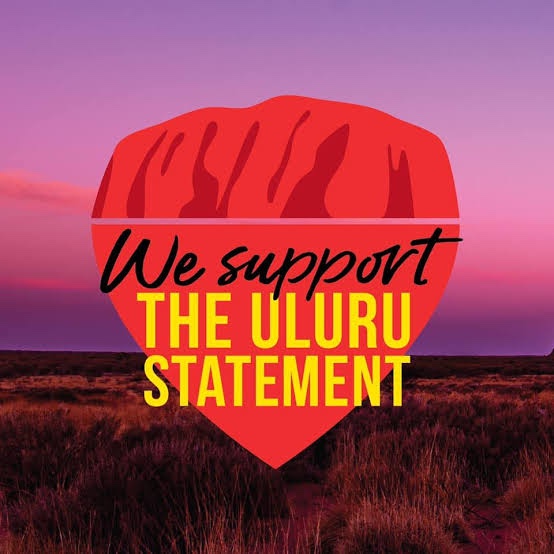
https://ulurustatement.org/the-statement/
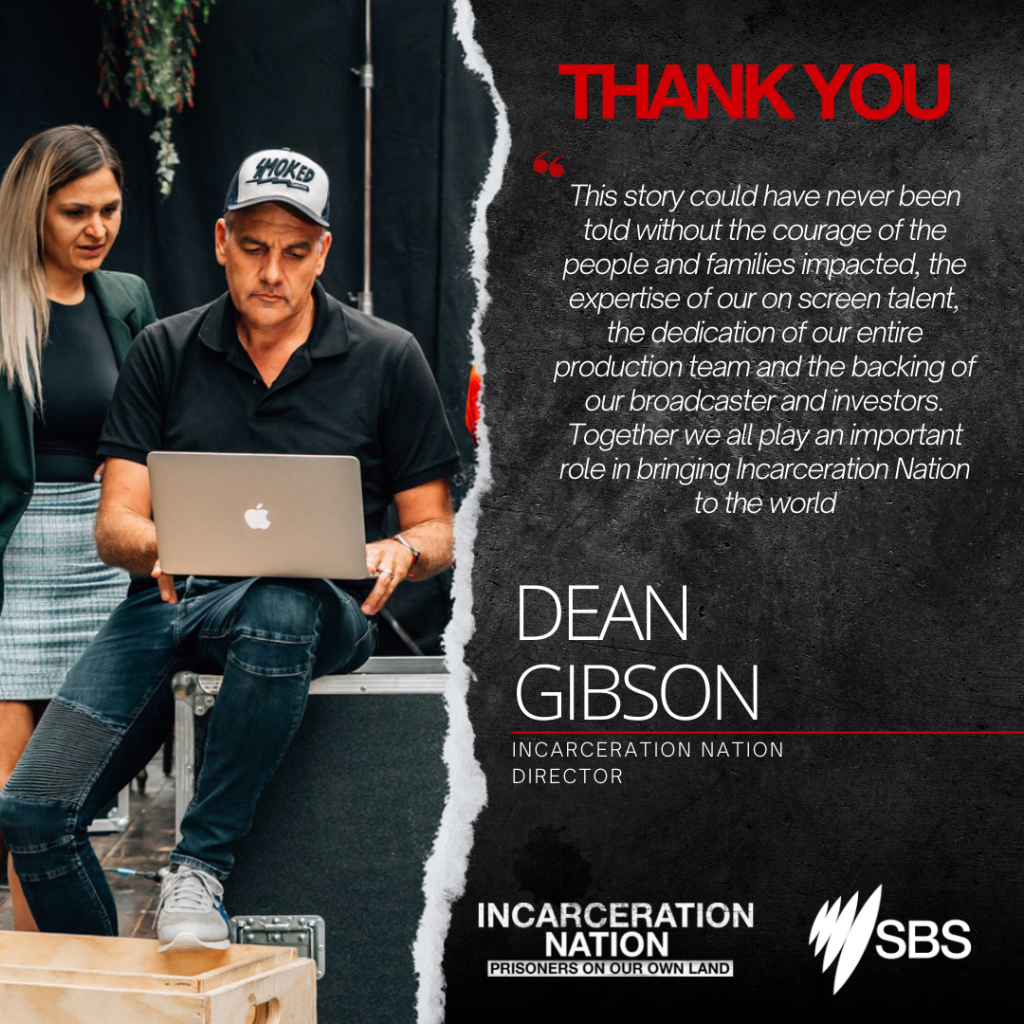
https://incarcerationnation.com.au
“Not everything that is faced can be changed, but nothing can be changed until it is faced.” – James Baldwin

If you would like to donate, please visit:
https://www.thejilyainstitute.com.au/about-us/

Trauma Informed World was inspired by Kopika and Tharnicaa; two faces that remind us everyday of Australia’s cruel refugee system. One of many systems in Australia that remind us of the negative operation of power. #HomeToBilo

https://www.hometobilo.com
***Since the creation of this website the Biloela family were released from detention, returned to Biloela and granted permanent protection in Australia. However, hundreds more people still remain stuck in a system that requires urgent reform.***
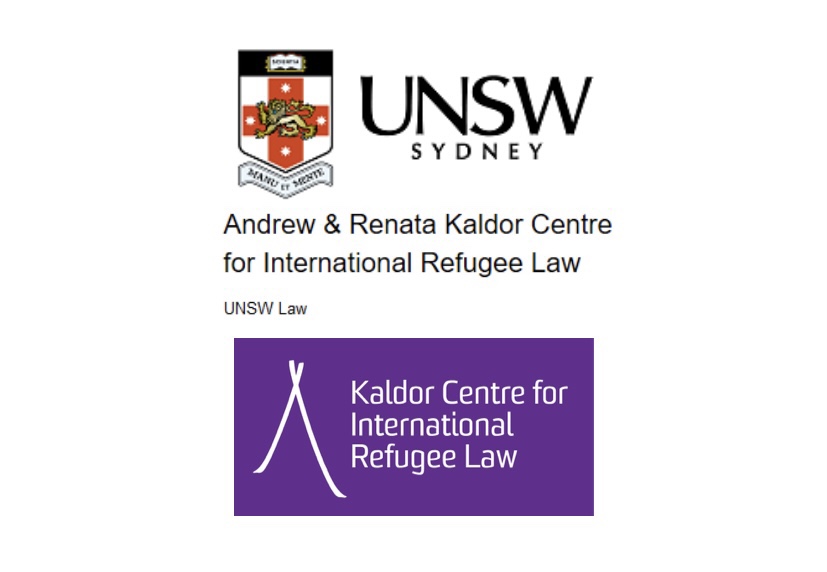
Welcome to the Kaldor Centre for International Refugee Law. Join us to make positive changes for refugees around the world.
https://www.kaldorcentre.unsw.edu.au/
New Kaldor Centre policy brief proposes reforms to Australia’s temporary protection system | Kaldor Centre:
https://www.kaldorcentre.unsw.edu.au/news/new-kaldor-centre-policy-brief-proposes-reforms-australia%E2%80%99s-temporary-protection-system
You can listen my talk with Dr Cathy Kezelman AM, the President of Blue Knot Foundation on my own healing journey, training and study and how it has informed my work and advocacy for a trauma informed world here:
If you require Trauma Informed Telehealth Counselling please click here:
https://www.talked.com.au/therapist/dr-louise-hansen

Australia’s National Helplines and Websites:
https://www.beyondblue.org.au/get-support/national-help-lines-and-websites
To provide the best information possible, Beyond Blue has listed national helplines and external services. All services linked to Beyond Blue are reviewed before they are posted.